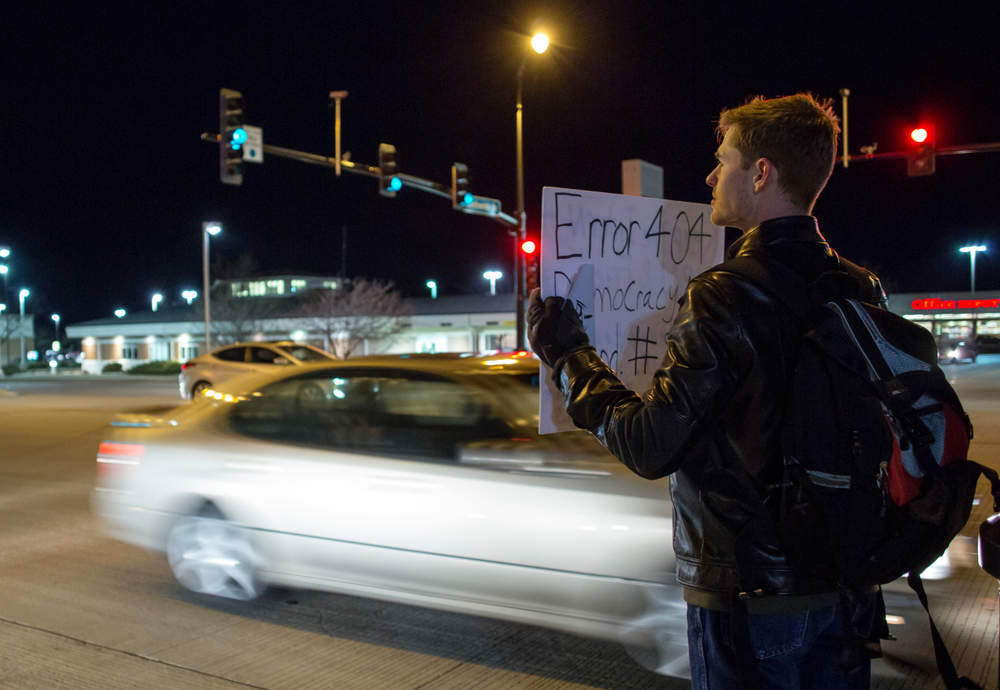
The US Federal Communications Commission (FCC) voted to repeal Obama-era net neutrality regulations.
Contrary to popular belief, the internet will continue to operate as normal, and Netflix doesn’t care as much as it used to about net neutrality.
FCC chairman Ajit Pai is the most hated man in the US after his agency voted to repeal net neutrality regulations brought in under the Obama administration in 2015.
Net neutrality is the concept that broadband providers should not be allowed to block access; throttle traffic based on content, applications and services; or prioritize some Internet traffic over others in exchange for payment.
Instead, ISPs and wireless providers — which will no longer be regulated like utilities — will have to disclose their practices to customers, and the Federal Trade Commission will regulate this industry.
The Justice Department would also be able to bring an antitrust case against providers.
How well do you really know your competitors?
Access the most comprehensive Company Profiles on the market, powered by GlobalData. Save hours of research. Gain competitive edge.

Thank you!
Your download email will arrive shortly
Not ready to buy yet? Download a free sample
We are confident about the unique quality of our Company Profiles. However, we want you to make the most beneficial decision for your business, so we offer a free sample that you can download by submitting the below form
By GlobalDataWhat does it all mean? Not as much as you think.
Contrary to the mass hysteria perpetuated on social media, the internet won’t shut down, access to Netflix will remain and not degrade, and dogs and cats will continue to live in disharmony.
After all, the internet worked just fine before net neutrality came into effect in 2015.
In fact, there has been a lot of room for interpretation of the current net neutrality regulations.
Wireless carriers, for instance, have been allowed to throttle unlimited data plans and allow users on limited wireless data plans to access some content without having to pay for the data.
And Netflix is not the poster child for net neutrality like it once was. Netflix was an ardent proponent of net neutrality in 2014. As the debate reared its head again in 2017, Netflix has said that net neutrality is not the company’s primary battle.
That’s because Netflix, with a market value of about $80bn and a US subscriber number of 53m, is bigger than many of the ISPs it once fought with, and has reached several deals in recent years to pay broadband providers for the large amount of bandwidth it needs to deliver streaming media.
With lifted regulations, ISPs are adamant about their commitment to an open internet, and you can be certain there are many watchdogs that will hold them to those oaths.
These players are also not left unregulated.
The FTC — the new agency in charge of regulating broadband carriers — is not a do-nothing agency.
It has tackled internet privacy, imposed fines on wireless carriers for throttling and brought actions against many of the largest online companies — search giant Google, retailer Amazon, and telecoms group Comcast.
The Justice Department, which filed a lawsuit to block AT&T’s pending acquisition of Time Warner, can also bring anti-trust actions against companies.
But before all of this happens, lawsuits will likely delay the lift, and many members of Congress say they are committed to taking up the cause.
ISPs like like AT&T and Comcast actually welcome Congressional action. They want strong regulations around consumer protections, but they don’t want to be regulated like a utility.




Related Company Profiles
Amazon.com Inc
Google LLC
Comcast Corp
Netflix Inc